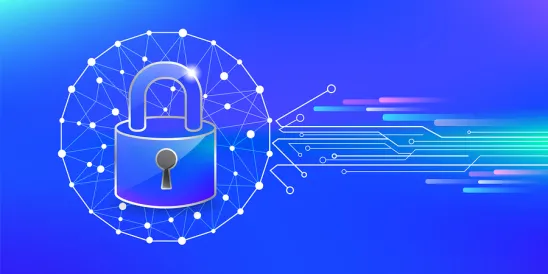It should be assumed that everything connected to the Internet can be hacked and exposed, now more than ever before. It is commonplace and concerning. Internet of Things (IoT) devices are often developed and sold without a focus on security, because getting the product into the market is the top priority. We have previously commented that IoT and cloud based products and services may not be as secure as the user believes. When it comes to security cameras or other security services for home or business, the cameras and information contained in the databases of these cloud based companies that offer the services may be at risk of exposure.
This week, a group of hackers announced that they were able to access security camera data of Verkada Inc., which provides security camera services to multiple industries, including hospitals, prisons, police departments, schools, gyms, an electric car company, a cloud technology services provider, other private companies and individuals.
According to the hackers and reports of the exposure, the hackers were able to see live feeds of 150,000 surveillance cameras operated by Verkada, including high resolution video and audio of a women’s clinic, prisons in different states, gyms, homes, and psychiatric hospitals. Some of the video included facial recognition technology, possibly giving the hackers the ability to identify individuals who were captured through the audio and video feed. The hackers allege that they have access to all of the video archived by Verkada of their customers.
The attack is reported to have been initiated by an international hacking group to show how widespread video surveillance is and how easy it is to break into the companies that manufacture and host them. Verkada stated that it has “disabled all internal administrator accounts to prevent any unauthorized access,” but the hackers have stated that they were able to gain “root” access to the cameras so they could execute their own code, and they were able to infiltrate by gaining access to a super admin account, because the user name and password was available on a public facing site on the Internet.
The incident shows how vulnerable home and business security systems are, how easy they are to hack and how personal the information is that may be contained in the video and audio footage that many people do not consider when installing security cameras into their home or office.



 />i
/>i
